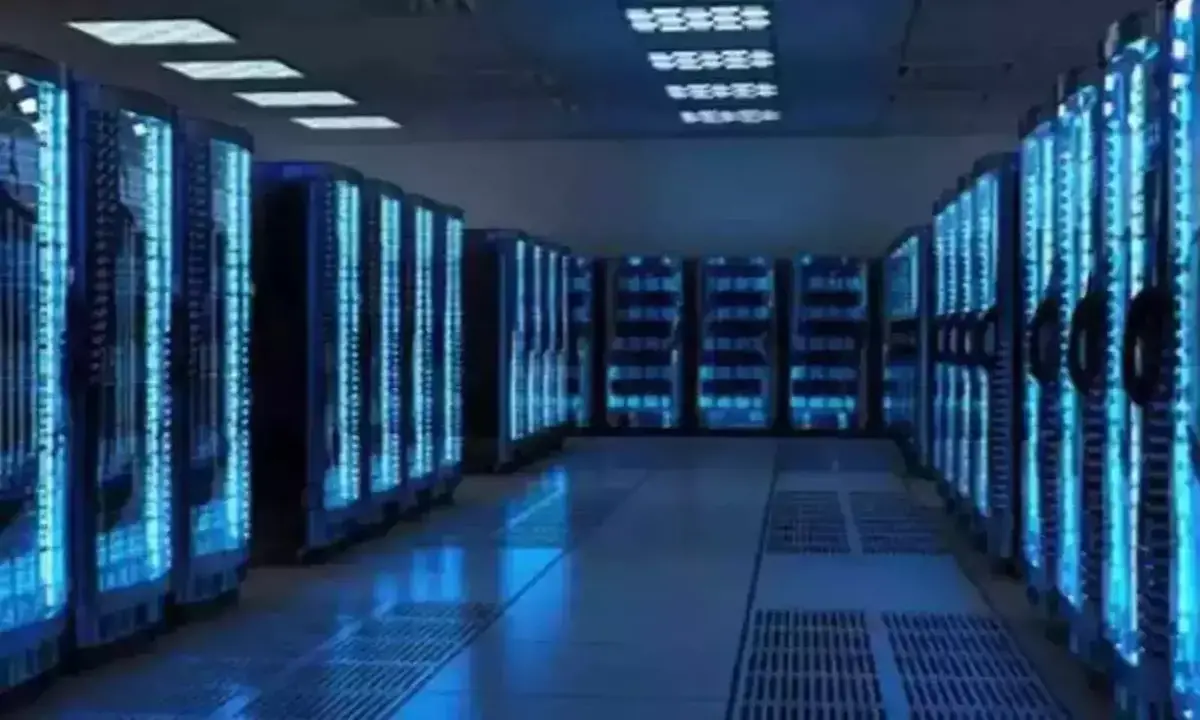As the demand for data storage grows, Georgia is witnessing a surge in the establishment of power-intensive data centers. However, this rapid growth is sparking debates among lawmakers, industry leaders, and energy experts about its impact on the state’s resources, economy, and energy grid.
In the upcoming legislative session, Georgia lawmakers are expected to explore both the advantages and challenges posed by these data centers. While proponents argue that data centers are essential for consumer demand and national security, critics warn of their strain on energy resources and potential consequences for residential and small business energy costs.
What Are Data Centers, and Why Are They Growing in Georgia?
Data centers are facilities that house computer systems and servers for storing, processing, and distributing data. With the rise of digitalization, cloud computing, and online services, the need for such facilities has grown exponentially.
Chris Clark, president and CEO of the Georgia Chamber of Commerce, pointed out that data centers are being built to meet consumer demand. Currently, Georgia has several major data center projects underway, including three in Floyd County and a massive 2.5-million-square-foot facility planned in Newton County.
“These data centers are a response to consumer demand,” said Clark.
Critics Raise Concerns Over Energy and Tax Incentives
Despite their growing presence, data centers have faced criticism from energy experts and lawmakers who question their long-term sustainability.
Bobby Baker, an energy lawyer and former member of the Georgia Public Service Commission, highlighted the significant energy and water resources required to operate data centers. He warned that allocating such resources to data centers could limit opportunities for other industries, such as manufacturing, which create more jobs.
“They put an enormous demand on electric and water resources,” Baker said. “You’re taking an enormous amount of electricity that could power a manufacturing plant and eliminating that option. It’s going to hurt Georgia.”
Additionally, Baker criticized the tax incentives offered to attract data centers, arguing that they provide limited economic benefits. “They create a handful of jobs,” he said. “There’s no benefit to Georgia.”
Baker also noted that the discounted electricity rates given to large data centers increase costs for residential and small business customers, whose rates have already risen by 37% in the past two years.
“These large customers qualify for rates that are a quarter of what we pay,” he said. “We don’t need any more increases for residential and small commercial folks. They have been pounded hard.”
Supporters Emphasize Economic and National Security Benefits
On the other hand, supporters of data centers argue that their storage capabilities are vital to the nation’s security, especially as personal data continues to grow globally. Clark emphasized the importance of keeping data stored domestically rather than relying on facilities overseas.
“We want that data stored as close to home as possible,” Clark said, adding that data centers play a critical role in supporting modern technology and digital infrastructure.
Clark also stressed that long-term planning is essential to balance Georgia’s energy needs with the growth of industries like data centers. He praised the recent formation of a special committee by Georgia House Speaker Jon Burns, which aims to develop a comprehensive resource management plan for the state.
Special Committee to Address Resource Management
The special committee, chaired by State Representative Brad Thomas, will focus on Georgia’s long-term energy and water resource needs, with a timeline extending to 2040 or 2050. While the committee’s scope is broad, data centers are expected to be a key topic of discussion.
Thomas acknowledged the complexity of the issue and stated that the committee’s work will continue beyond the legislative session, which ends in early April.
“We’ll do the bulk of our work in the off-season,” Thomas said. “We can’t just go in and take a bite at such an important piece of our economy in nine weeks.”
Looking Ahead
As Georgia lawmakers prepare to debate the pros and cons of data centers, the discussion will likely focus on finding a balance between supporting technological growth and protecting the state’s resources and residents.
While critics push for limiting tax breaks and addressing the strain on resources, proponents advocate for careful planning to accommodate the growing digital economy. The outcomes of these debates could shape Georgia’s energy and economic policies for decades to come.
Disclaimer—Our team has checked this article to ensure its accuracy and eliminate any misinformation. We are committed to providing clear and reliable information for our readers.




